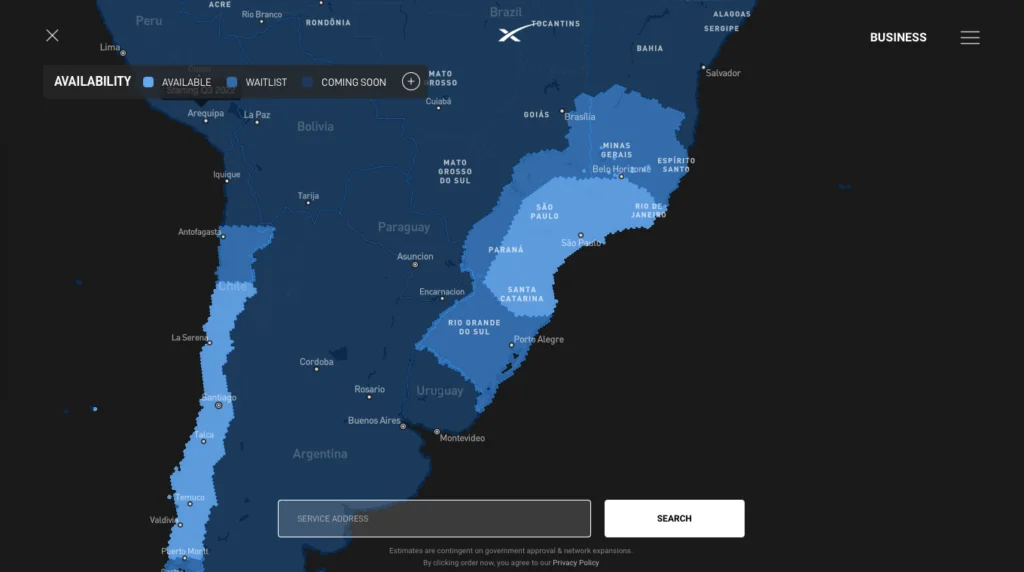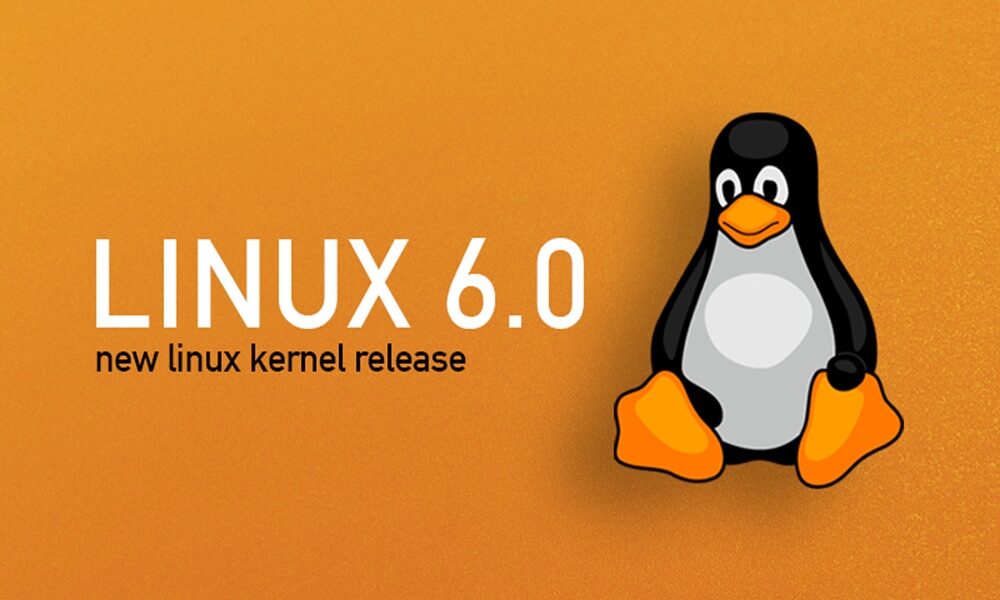
The announcement of an agreement between the federal government and Elon Musk has raised questions from members of the Science and Technology Commission of the Chamber of Deputies, who approved this Wednesday (1st) two requests for Communications Minister Fábio Faria to clarify the terms of partnership with the owner of Starlink, a low-orbit satellite company that offers broadband service.
Image: Vasilis Asvestas/Shutterstock
Articulated by Faria, Musk came to Brazil on the 20th for an event with Bolsonaro, in which he announced that he will connect 19,000 public schools and monitor the Amazon rainforest.
Super excited to be in Brazil for launch of Starlink for 19,000 unconnected schools in rural areas & environmental monitoring of Amazon! 🇺🇸 🌳 🛰 ♥️
— Elon Musk (@elonmusk) May 20, 2022
On the same day, the minister tweeted that he brought one of the biggest businessmen in the world to help with the connectivity of the Amazon.
NOTE
At the invitation of the Minister of Communications, Fábio Faria, the businessman @elonmusk arrives in Brazil this Friday to discuss with the Brazilian government about Connectivity and Protection of the Amazon.— Fábio Faria 🇧🇷🇧🇷🇧🇷 (@fabiofaria) May 20, 2022
No one expected this! 🇺🇸
Since we are going to connect the Amazon, we brought in one of the biggest entrepreneurs in the world to help us in this mission. We accept the challenge and go to the end! Thank you, @elonmusk, for the visit. Let’s do this!!! 🚀 pic.twitter.com/AOXUPp5f9s
— Fábio Faria 🇧🇷🇧🇷🇧🇷 (@fabiofaria) May 20, 2022
Musk also tweeted that he offered $44 billion, but later pointed out difficulties.
Despite the euphoria, the Ministry of Communications did not respond to calls for information about the alleged partnership, but said in an official note that “technical details and investments are still to be discussed.”
Applications ask for details on alleged partnership with Elon Musk’s Starlink
“At first, it is noteworthy that the aforementioned project is not the object of a formal bidding process, nor does it have a signed cooperation agreement and its terms. We are especially concerned about the issue of national sovereignty and the control and supervision of information collected by this satellite network”, says the application presented by a parliamentarian.
The announcement also motivated other deputies to question the alleged deal with the billionaire. “Given the vague announcement, there are a number of serious questions still open, such as: what public resources will be involved; what will be the necessary bidding process to carry out the initiatives; which safeguards are foreseen in relation to the possible commercialization and leakage of strategic data from the Amazon”, reinforced two other parliamentarians.
They took advantage of the document to question how the “integration of initiatives announced with agencies (such as INPE) and public policies that are already being developed by the Brazilian State in the sector” would take place, in addition to touching on the “concerns of specialists regarding the functioning of the constellation of Starlink satellites, among other issues”.
Environmental monitoring of the Amazon is already carried out by INPE
The joint announcement by the Ministry and Musk on the environmental monitoring of the Amazon, despite the lack of substance, comes up against technical issues. Starlink’s satellites are for communication — not imagery. In addition, Brazil already has a state-of-the-art service to monitor the forest carried out by the National Institute for Space Research (INPE).
Broadband coverage via satellite in the Amazon also already exists, and it serves, for example, Ministry of Defense posts and barracks in the region. Those responsible for this supply are Telebras and the state-owned commercial partnership, including the North American ViaSat.
Regarding connectivity to public schools, according to the Digital Convergencespeculations say that there would be direct contracting via Gape, the Monitoring Group for the Costing of School Connectivity Projects, responsible for coordinating the 5G auction commitments aimed at the connectivity of educational establishments, however, this possibility was ruled out by Anatel sources.
Although the agency has already authorized the operation of 4,408 Starlink satellites in Brazil by 2027, for now, there are only two, with coverage restricted to the Southeast. As questioned by members of the Commission, a contract with Musk would come up against the non-existence or contracting of Starlink by the federal government.

Starlink availability in Brazil. Image: Reproduction
In addition to these impediments, the price of connectivity offered by the North American company is very high for public digital inclusion programs. According to the policy and regulation expert of the Alliance for Affordable Internet, Nathalia Foditsch, the cost that already exists in Brazil for rural areas in the state of São Paulo provides for “monthly fee of R$ 750.00 in addition to equipment/installation that cost R$ 5,000”. .



